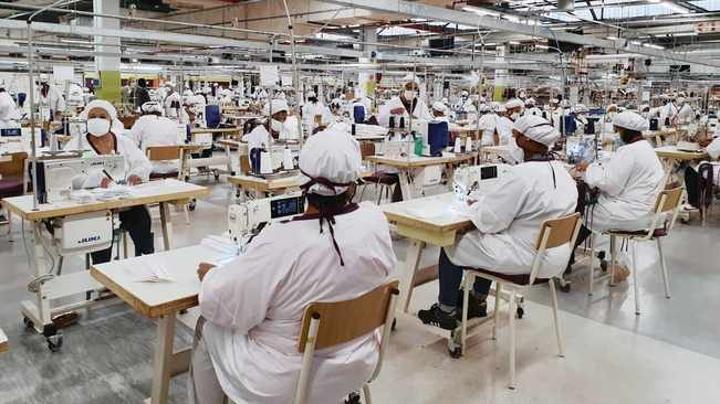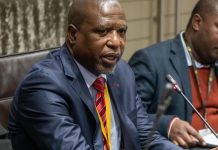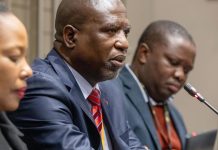Africa-Press – South-Africa. JOHANNESBURG – SOUTH Africa’s manufacturing industry lost momentum in January as the bout of load shedding mid-month and the extension of lockdown restrictions weighed on production.
The seasonally adjusted Absa Purchasing Managers’ Index (PMI) released yesterday edged up slightly to 50.9 index points in January, from 50.3 in December.
Absa said while the PMI was up on the month before, the January reading was much lower than the average recorded in the final quarter of 2020.
This as the business activity index declined for a fourth consecutive month, which pointed to a further loss in the recovery momentum.
Power utility Eskom implemented six days of stage 2 load shedding last month after the power utility lost generation capacity at three of its power stations.
Absa said, in addition, the adjusted level 3 lockdown regulations would have negatively affected production in the liquor and hospitality-related industries in particular.
President Cyril Ramaphosa extended the State of National Disaster to February 15 and extended level 3 lockdown restrictions as Covid-19 cases were on the rise in January.
Absa said the renewed increase in the supplier deliveries index suggested possible supply chain disruptions in January.
It said this was likely due not only to local restrictions but also to tighter lockdown regulations in the rest of the world.
On a positive note, Absa said the new sales orders index rose by 2 index points to 47.2 in January.
“This was despite a further deterioration in export sales, which suggests it was supported by a reduction in the rate of decline in domestic demand instead,” it said.
Absa said, even with the uptick, the level of the index continued to point to constrained demand conditions.
“Purchasing managers did turn more optimistic about the operating environment going forward.”
However, the index tracking expected business conditions in six months’ time rose to 59.2 index points, from 52.9 in December.
Absa said this might be linked to prospects of an improved global economy during the second half of the year, which should boost exports.
The purchasing price index also increased sharply in January, pointing to a reacceleration in cost pressures for manufacturers.
Absa said this was driven by a weaker rand exchange rate and higher Brent crude oil price compared to the previous month.
The banks said a hefty fuel price increase on Wednesday could put further pressure on costs in February.
[email protected]
BUSINESS REPORT






